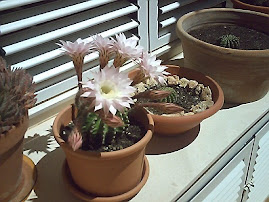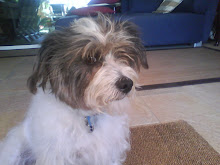This song was originally composed in 1857 by an American minister called James Pierpoint, to celebrate Thanksgiving. As it was so popular, it was repeated for Christmas and then, it became a traditional carol.
Jingle bells, jingle bells,
Jingle all the way.
Oh, what fun it is to ride
In a one-horse open sleigh.
Jingle bells, jingle bells,
Jingle all the way.
Oh, what fun it is to ride
In a one-horse open sleigh.
Dashing through the snow
In a one-horse open sleigh,
O'er the fields we go
Laughing all the way.
Bells on bobtails ring,
Making spirits bright.
What fun it is to ride and sing
A sleighing song tonight.
Oh, jingle bells, jingle bells,
Jingle all the way.
Oh, what fun it is to ride
In a one-horse open sleigh.
Jingle bells, jingle bells,
Jingle all the way.
Oh, what fun it is to ride
In a one-horse open sleigh.
A day or two ago
I thought I'd take a ride,
And soon Miss Fanny Bright
Was seated by my side.
The horse was lean and lank,
Misfortune seemed his lot
He got into a drifted bank
And we, we got upset.
Oh, jingle bells, jingle bells,
Jingle all the way.
Oh, what fun it is to ride
In a one-horse open sleigh.
Jingle bells, jingle bells,
Jingle all the way.
Oh, what fun it is to ride
In a one-horse open sleigh.
VOCABULARY
to jingle ................................... "tintinear", sonar
all the way .............................. tot el camí
to dash ................................... córrer, moure's ràpidament
one-horse ................................ d'un sol cavall
sleigh ....................................... trineu
o'er .......................................... En llenguatge poètic, significa sobre. Equival a "over".
bobtail ...................................... cavall que té la coua tallada
sleighing.................................... viatjant en trineu
to ride ...................................... viatjar
by my side ............................... al meu costat
lean ........................................... molt prim
lank ........................................... de pèl llis
misfortune ............................... desgràcia, mala sort
to seem .................................... semblar
lot ............................................. en aquest cas, significa destí
drifted ...................................... amb un munt de neu
bank ......................................... riba, al costat de la carretera
to get upset ............................. enfadar-se, enotjar-se



.jpg)

